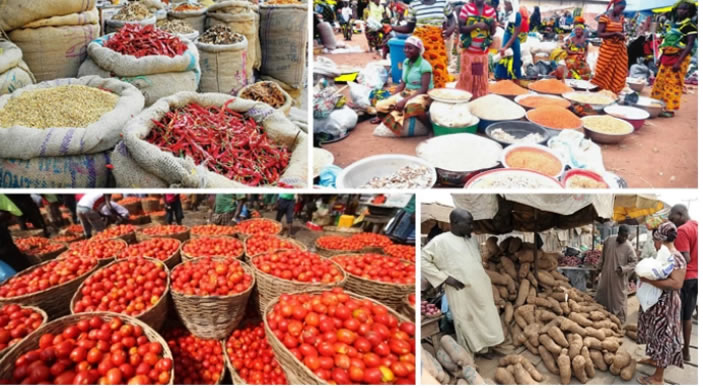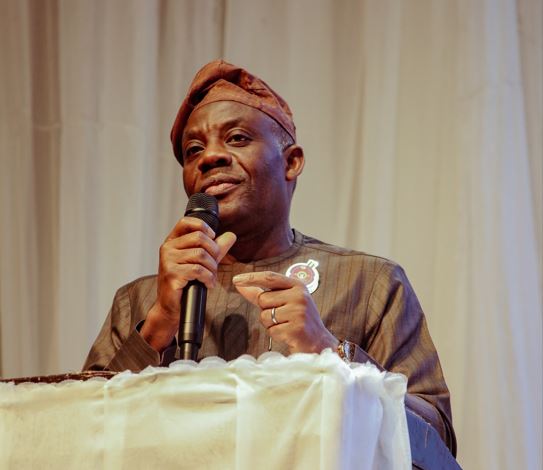Over 60% of Nigerians live in slums – Stakeholders
Stakeholders in the built environment have disclosed that 60 per cent of Nigerians live in slums.
They stated that at the 33rd Lagos Builders’ Conference and annual general meeting held recently in Lagos, with the theme: “Breaking Barriers and Empowering Change in Nigeria’s Real Estate Sector: Process and Control”.
Prof. Timothy Nubi of the Department of Estate Management at the University of Lagos noted, “We need to be sincere with ourselves; over 60 per cent of Nigerians live in slums, which is a deplorable condition.
“We are all homeless if one of us is homeless, and we cannot move this nation forward as long as the majority of the citizens live in slums. There is no doubt that we have failed the generation after us.
According to Nubi, regeneration is the way forward, not urban renewal, which always leads to eviction, where people are the same packing.
He stated that it had been established that most of the slums were there because people were desperate to live within urban centres.
“Unfortunately and in most cases, these slums are on prime lands, mostly waterfronts, like Makoko, among others,” he declared.
Also, the Chief Executive Officer of Fame Oyster & Co., Olufemi Oyedele, said the number of slum dwellers in Nigeria was up to 60 per cent.
He added, “Slums are squalid or overcrowded settlements of people. Suppose the World Bank reports that we live in overcrowded houses in Nigeria because we have over 18 million housing deficits, and 18 million three-bedroom units will accommodate 72 million people, whereas four people live in three-bedroom units. In that case, about 60 per cent are living in slums across Nigeria.”
Meanwhile, the Local Organising Committee Chairman for the conference, Abiodun Ogundare, explained, “We started this exciting journey from the year 2022 with ‘The Legacy Conference Island 2022 Shifting Landscape’. Then that reinvigorated us in the year 2023 for the Heritage Conference-Island 2023 tagged ‘Safe & Sustainable Building Production Management in Nigeria’ and we still found out that there is still a barrier and the best thing to do with the barrier is to break it.
“Hence, in 2024, we have the Resilience Conference—Island 2024—to break the barrier of financial/investment startups for real estate development, break the barrier of real investment challenges and empower for changes that are coming; these are aims and objectives of this conference.”
Last year, the Minister of Housing and Urban Development, Mr Ahmed Dangiwa, disclosed that the Federal Government was planning to upgrade 26 slums in the six regions of the country to improve the living standards of residents and the urban poor.
He said that in his keynote address at the 12th meeting of the National Council on Lands, Housing and Urban Development in Kaduna State.
“The achievement of these targets would require an ‘all of government’ approach and actions that foster continuous engagement between governments at all levels along with the private sector and relevant international organisations operating in the housing sector.
“For the slum upgrading programme, the ministry plans to upgrade 26 slums in the six regions of the country and the Federal Capital Territory, to improve the living standards of the slum residents and urban poor by providing key infrastructure and ancillary services.
“To ensure affordability for Nigerians, we have already mapped out the following options, which include rent-to-own, public rental, mortgage loans, and where applicable, outright sale,” the minister expounded.







